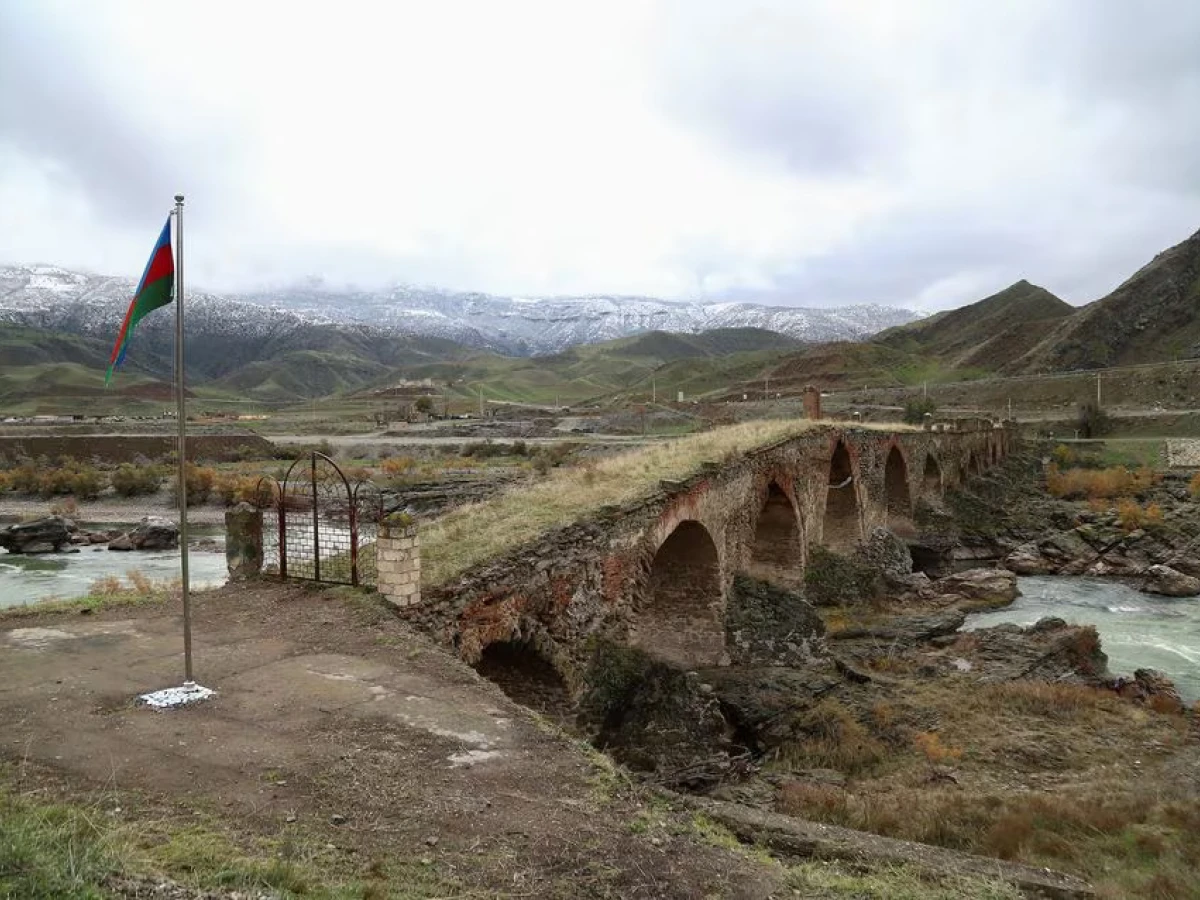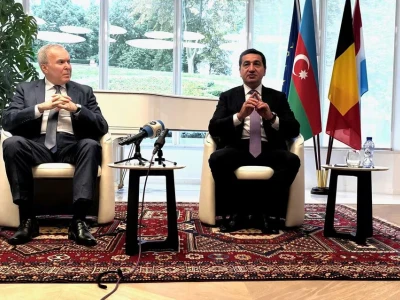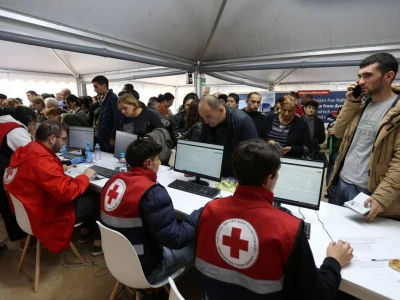
Armenia and Azerbaijan exchange prisoners at border
Azerbaijan recaptured Karabakh in a lightning offensive in September.
AZERBAIJAN-ARMENIA BORDER, Dec 13 (Reuters) - Azerbaijan and Armenia traded prisoners-of-war at their border on Wednesday in a step towards normalising their relations after Azerbaijan achieved a decisive breakthrough in their decades-old conflict.
The exchange involved the release by Azerbaijan of 32 Armenians mostly captured in late 2020. In return, Armenia handed over two Azerbaijani soldiers held since April 2023.
Russia's TASS news agency reported earlier on Wednesday that Armenia and Azerbaijan were also discussing the withdrawal of troops from their shared border, though it said no decision had yet been taken.
"Thirty-one personnel from Armenia's armed forces captured in 2020-2023 and one serviceman captured in Nagorno-Karabakh in September have crossed the Azerbaijani-Armenian border and are on Armenian territory," Armenian Prime Minister Nikol Pashinyan wrote on his Facebook account.
The South Caucasus neighbours have fought two wars in the past 30 years over Nagorno-Karabakh, a mountainous area that is part of Azerbaijan, but where ethnic Armenians had broken away and established de facto independence in the 1990s.
Azerbaijan recaptured Karabakh in a lightning offensive in September, prompting most of its 120,000 ethnic Armenians to flee to Armenia.
Announcing the planned prisoner exchange last week, the two sides said they "reconfirm their intention to normalise relations and to reach a peace treaty on the basis of respect for the principles of sovereignty and territorial integrity".
The agreement was welcomed by the European Union and the United States, which have tried for decades to persuade the two countries to sign a peace treaty to settle outstanding issues including the demarcation of their borders.
Armenia and Azerbaijan were both part of the Soviet Union, which collapsed in 1991. Russia regards itself as the security guarantor in the region but its influence has declined in the past two years as the war in Ukraine has stretched and distracted it.
Related
Related

Azerbaijan says France laying ground for new regional war

Tensions over Karabakh rise after Azerbaijan blocks land route

More than 100,000 refugees arrive in Armenia as exodus swells

